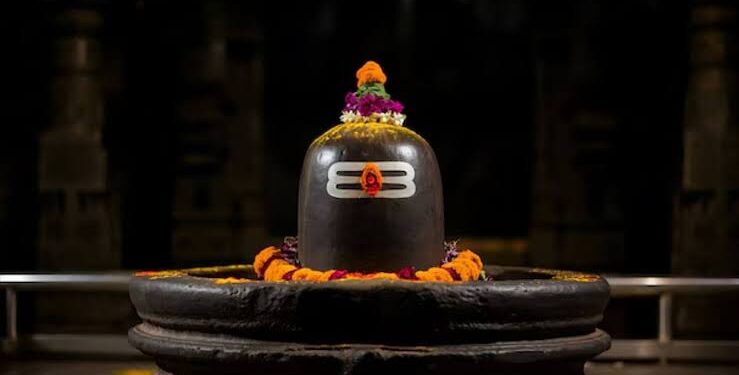The first Monday of the auspicious month of Sawan (Shravan) is being observed today with devotion and fervour by millions of Lord Shiva’s followers across India. Known as Sawan Somwar, this day holds immense spiritual significance, especially for those observing fasts and offering prayers to Mahadev.
According to ancient Hindu scriptures, during the month of Shravan, Lord Vishnu enters Yoga Nidra (deep meditative sleep), entrusting the responsibility of the universe to Lord Shiva. This shift in cosmic duties makes the entire month particularly sacred for Shiva devotees. Worshipping Him during this time is believed to attract divine blessings and spiritual upliftment.
Significance of Sawan Somwar
As per Drik Panchang, all Mondays falling in the Sawan month are considered highly auspicious and are observed with special fasts known as Sawan Somwar Vrats. Many devotees undertake the Solah Somwar Vrat, observing sixteen consecutive Monday fasts beginning with the first Sawan Monday.
Even for those unable to commit to the entire period, it is widely believed that praying to Lord Shiva on the Mondays of Sawan alone can bring His divine grace.
This year, the first Monday of Sawan also coincides with Gajanana Sankashti Chaturthi, adding further religious significance to the day.
Variations in Calendar
The start of Sawan varies across regions due to differences in lunar calendars. In northern India, which follows the Purnimanta calendar, the month begins about fifteen days earlier than in states adhering to the Amanta calendar, mostly in the south.
Auspicious Timings and Yogas Today
-
Ayushman Yoga: Until 4:14 PM
-
Saubhagya Yoga: Begins after 4:14 PM
-
Dhanishta Nakshatra: Till 6:49 AM, followed by Shatabhisha Nakshatra
These timings are considered highly favourable for Shiva worship.
Shiva Puja Muhurats (July 15, 2025):
-
Brahma Muhurat: 4:11 AM – 4:52 AM
-
Abhijit Muhurat: 11:59 AM – 12:55 PM
-
Vijay Muhurat: 2:45 PM – 3:40 PM
-
Godhuli Muhurat: 7:20 PM – 7:40 PM
-
Amrit Kaal: 11:21 PM – 12:55 AM (Night of July 15)
Rituals and Offerings
Devotees begin the day early, bathing and donning clean attire before heading to nearby Shiva temples. Worship includes abhishek of the Shivalinga with Ganga Jal, followed by Panchamrit (a sacred mix of milk, curd, honey, ghee, and sugarcane juice). Offerings include white sandalwood paste, white flowers, bhang, dhatura, sesame seeds, and seasonal fruits.
Along with Lord Shiva, offerings are also made to Lord Ganesha, Goddess Parvati, Lord Kartikeya, and Nandi. Devotees chant powerful mantras such as “Om Namah Shivaya” and “Shri Shivaya Namastubhyam” during the aarti.
As the Sawan month progresses, lakhs of devotees across India will continue to observe the sacred Mondays with unwavering faith, seeking peace, prosperity, and spiritual enlightenment.





























